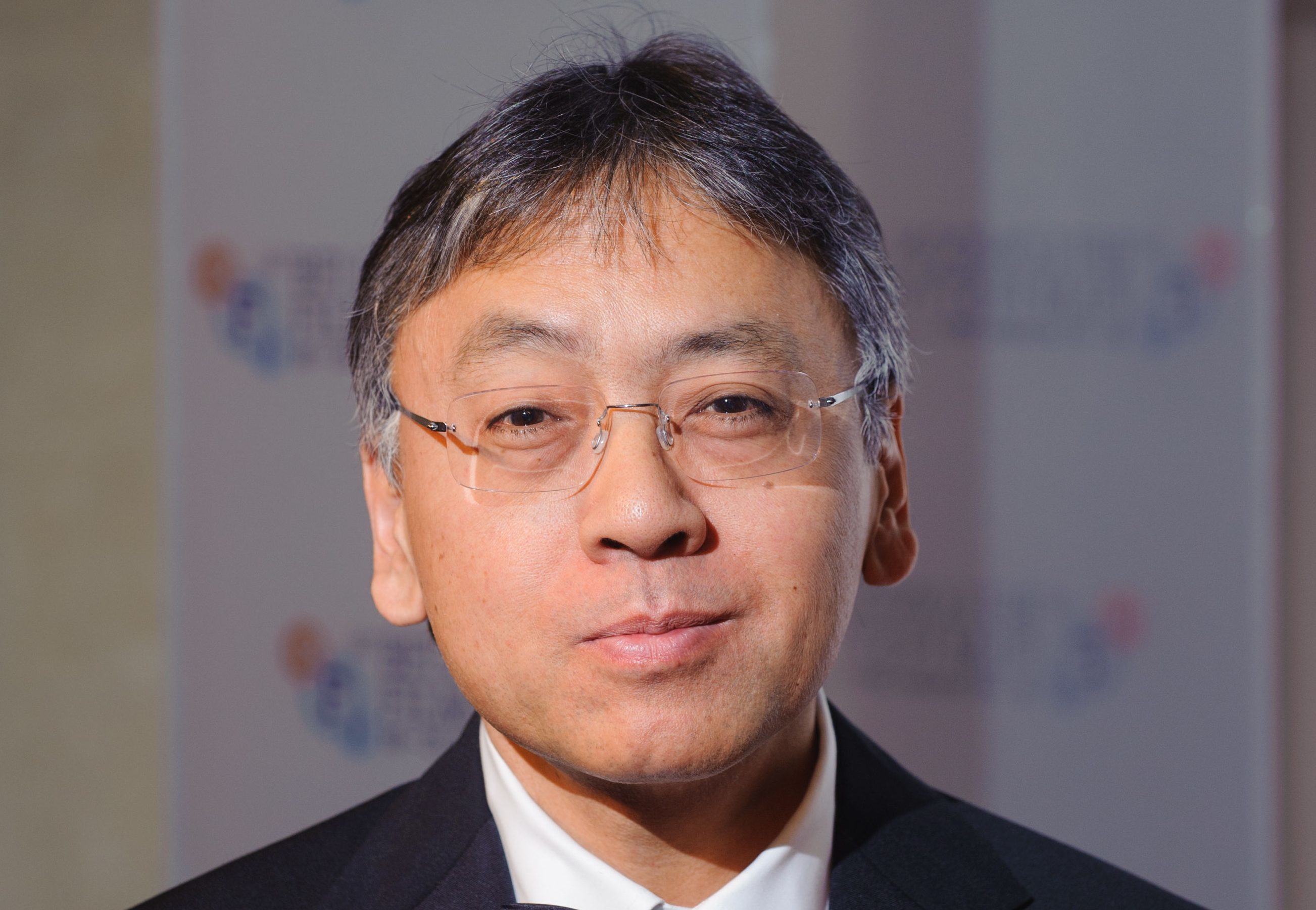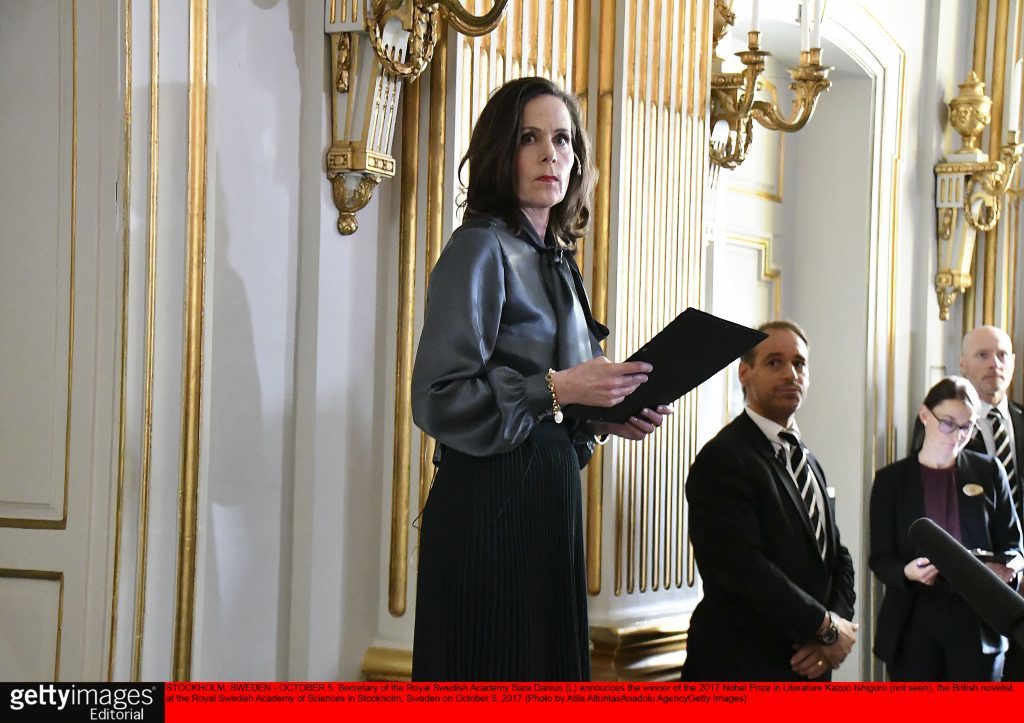
BRITISH author Kazuo Ishiguro has won this year’s Nobel Prize in literature.
Judges said Ishiguro, 62, who was born in Japan but moved to the UK when he was five, had “uncovered the abyss beneath our illusory sense of connection with the world” in novels of “great emotional force”.
Ishiguro called the award “flabbergastingly flattering”.
“Do you have any evidence that this is true? My agents said they thought I’d won but we were just going to check it up to make sure it wasn’t a hoax,” he told the BBC.
“It’s a magnificent honour, mainly because it means that I’m in the footsteps of the greatest authors that have lived, so that’s a terrific commendation.”
He added: “The world is in a very uncertain moment and I would hope all the Nobel Prizes would be a force for something positive in the world as it is at the moment.
“I’ll be deeply moved if I could in some way be part of some sort of climate this year in contributing to some sort of positive atmosphere at a very uncertain time.
The prize is worth nine million Swedish kronor (around £842,000).
The Remains Of The Day (1989), his third novel, was turned into a film starring Sir Anthony Hopkins and Emma Thompson.
Ishiguro graduated in English and philosophy at the University of Kent in the 1970s, before studying creative writing at the University of East Anglia.
His debut book was A Pale View of Hills in 1982 while he is also well known for Never Let Me Go (2005).
Sara Danius, permanent secretary of the Swedish Academy, said Ishiguro was “a very interesting writer in many ways”.
“I would say that if you mix Jane Austen – her comedy of manners and her psychological insights – with Kafka, then I think you have Ishiguro,” she said.
She described Ishiguro’s style as “precise, very sensitive to the casual and even tender sometimes. Very held back, unassuming”.
She dismissed any suggestion that judges deliberately went for a more straightforward choice this time after opting for singer Bob Dylan last year.
She said: “we thought that last year was a straightforward choice: we picked one of the greatest poets in our time. And this year, we have picked one of the most exquisite novelists in our time”.

Enjoy the convenience of having The Sunday Post delivered as a digital ePaper straight to your smartphone, tablet or computer.
Subscribe for only £5.49 a month and enjoy all the benefits of the printed paper as a digital replica.
Subscribe